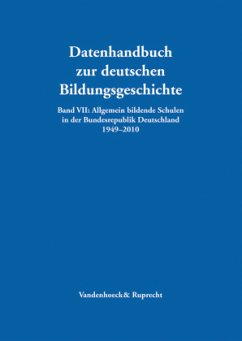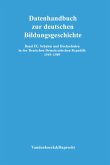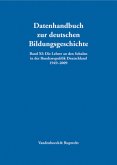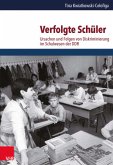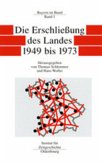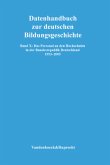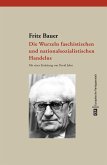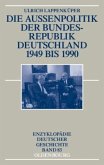As is well known, the German system of general education is a segmented one: After leaving the compulsory primary school, pupils (i.e. their parents) have to opt for one branch of secondary schooling among three main alternatives: Hauptschule (upper grades of elementary school, non-selective), Realschule (middle school, modestly selective), Gymnasium (high school, highly selective). The data handbook »General education in the Federal Republic von Germany 1949-2010« presents detailed statistical information (time series, tables and graphs) about the great transformation which took place since the late 1960s: sharply rising enrollments in high schools (and middle schools) accompanied by similarly declining enrollments in elementary schools. In particular, topics dealt with include: institutional history, participation in schooling (enrollments by institutions, by grades, by gender, by percentages of age cohorts, etc.), graduates (by leaving certificates and institutions).
Hinweis: Dieser Artikel kann nur an eine deutsche Lieferadresse ausgeliefert werden.
Hinweis: Dieser Artikel kann nur an eine deutsche Lieferadresse ausgeliefert werden.

